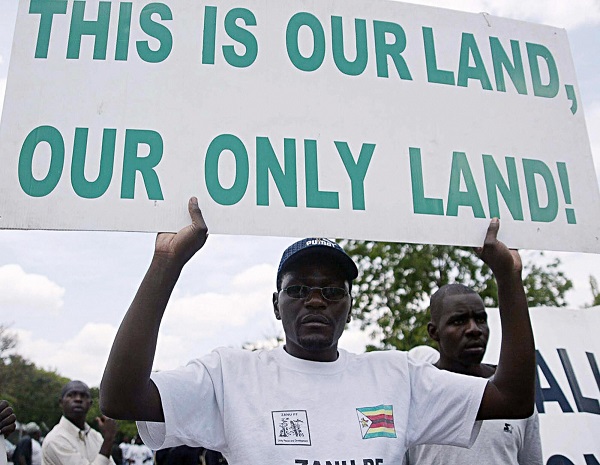By :William Gumede
Giving communal land to individual households, rather than mostly corrupt traditional overseers, will unlock real value, energy and entrepreneurship.
Zimbabwe’s failed populist-based land reform is a salutary lesson for South Africa on how land reform must be pragmatic, safe-guard commercial agriculture and focus on boosting ordinary subsistence, small, medium and emerging black commercial farmers already committed to farming.
In 2016, then Zimbabwean president Robert Mugabe declared a state of disaster for agriculture, a declaration which allowed international donors to help. This declaration was also a clear and very public admittance that land reform had failed.
The effect of Zimbabwe’s failed land reform programme is clear. According to the United Nation’s children’s agency, UNICEF, around 3 million Zimbabweans need regularly food aid. Around 40% of Zimbabwean households are hungry.
“We have not seen these levels of malnutrition in more than 15 years,” said Jane Muita, UNICEF’s Zimbabwe representative.
The World Food Programme (WFP) reckoned that over a million people in Zimbabwe’s rural areas will face hunger during the 2018 and 2019 dry season, which is between October and March.
China has donated US$5m to help starving Zimbabweans in the rural areas over this year’s dry season.
Ironically, in 2015 Mugabe maintained there was “no suffering” in his country. Mugabe, who addressed a Zanu-PF women’s league meeting in Harare asked angrily: “But what is that the people are suffering from? Didn’t we give them land?”
Source : Wits








